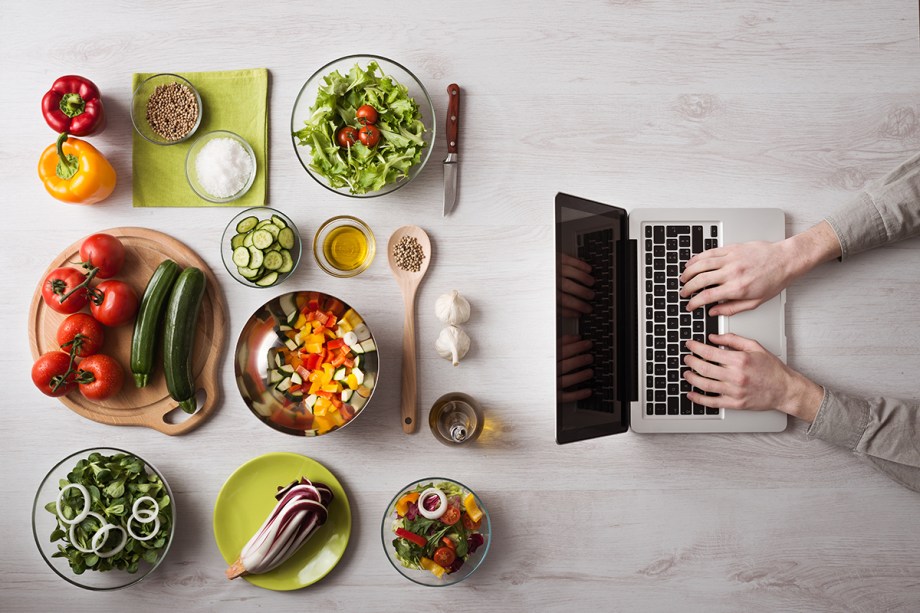As a generation, there’s no doubt about it, we’re impressionable. Every word that flickers across our screen holds the potential to plant a seed of doubt in our minds. So it’s logical to be afraid of pseudo-professional nutrition advice; attractive twenty somethings pottering around their kitchen and telling us how and what we should eat to be ‘healthy’. In an era where anything can be located on the internet, are we sharing too much about our meal plans?
The ‘What I Eat in a Day’ craze has hit an all-time high in terms of viewer counts, the majority of the content promoting a low carb, low sugar diet that isn’t sustainable or healthy, particularly when forced upon a largely teenage audience. In the world of beauty gurus, carbs don’t exist. A fruit smoothie and an avocado is promoted as a suitable daily intake, with some calorie counts falling below 800 (the NHS suggests 2000 calories for a healthy balanced diet for a woman, and up to 2500 for a man). Happiness and wellbeing is linked to cutting out important food groups, and considering disordered and obsessive eating habits are common and dangerous, this kind of lifestyle encouragement is exactly the opposite of what is needed.
The thought of an unqualified stranger discussing potentially triggering topics with vulnerable young adults is frightening. On YouTube, that’s exactly what occurs on a daily basis. One of the major selling points for the video sharing platform is that you don’t need to be deemed an expert in your field to have a go. For amateur actors and makeup artists this is a blessing; for those watching self-acclaimed nutrition and health experts, there’s the danger of falling into a potentially life threatening trap. After listening to pretty girls with perfect white teeth and most likely edited body figures preach on about the benefits of a low calorie, high exercise lifestyle, it would be hard not to feel guilty the next time you picked up a cookie. The more you watch this kind of content, the deeper the roots take hold. Doctors have expressed concern for a vulnerable audience, open to the development of illnesses like anorexia and orthorexia (the obsessive pursuit of a healthy diet). It’s time for women to take control of their influence and their powerful voice, and promote well informed information regarding health, instead of a toxic proposal for undereating. Even better, to stay out of it and leave it to the professionals.
Emily Merrill
(Image courtesy of: https://hub.theentertainerme.com/lifestyle/top-10-food-bloggers-in-singapore)

